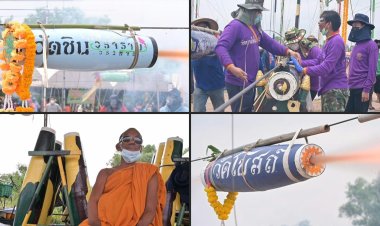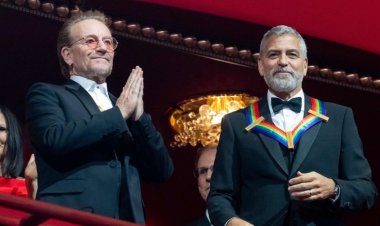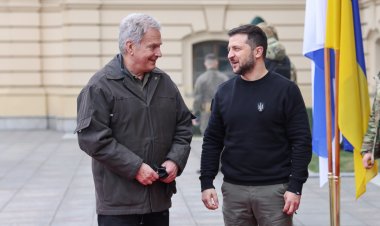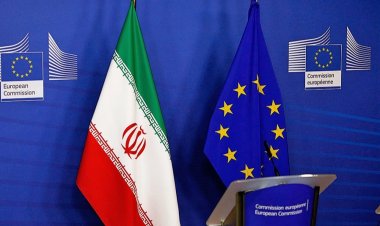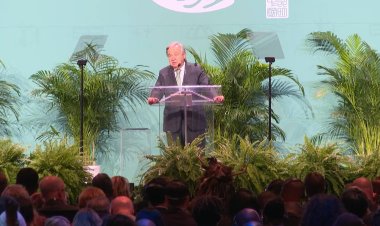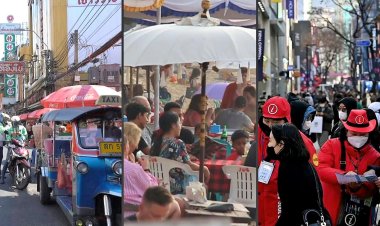UK PM arrives in India for hard sell on anti-Russia action
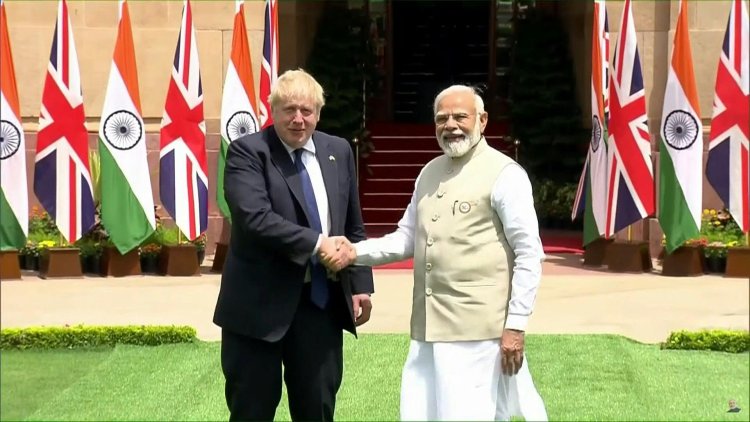
UK Prime Minister Boris Johnson arrived in India Thursday touting job-creating investment but facing long odds to get his reluctant counterpart Narendra Modi to back Western action against Russia.
Johnson arrived in Gujarat -- Modi's home state and the ancestral home to half of the United Kingdom's British Indians -- where he is meeting business leaders and taking a cultural tour of the historic Ahmedabad city.
He will leave for New Delhi to meet his Indian counterpart on Friday, providing Johnson some respite from the "partygate" controversy over his criminal violation of pandemic lockdown rules.
Johnson will miss a parliamentary vote on Thursday into whether he deliberately misled the House of Commons in previously denying any Downing Street rule-breaking -- normally a resigning matter.
The India trip has been twice postponed because of Covid-19 flare-ups in each country, and was briefly in doubt again this week when the vote was announced, with opposition leaders insisting Johnson stand down.
But UK sources said it was seen as too important to put off again. Downing Street said it would seal two-way investment deals worth more than £1 billion ($1.3 billion), creating almost 11,000 jobs in Britain.
"What we're focusing on today is the incredible opportunities to deepen this partnership," Johnson told reporters while visiting a factory in Gujarat.
Johnson's visit began with a trip to Sabarmati ashram, once the home of independence hero Mahatma Gandhi, where he was invited to sit cross-legged and work a wooden spinning wheel.
The tool was once vital to the local textile industry and championed by Gandhi as a symbol of resistance to Britain's colonial rule of India.
Downing Street said the visit would yield new partnerships on defence, artificial intelligence and green energy, along with investment deals in areas including robotics, electric vehicles and satellite launches.
But London acknowledges that it is some way off clinching a post-Brexit trade deal with Modi's government, which wants more visas for Indians to work or study in the UK.
India meanwhile has refused openly to condemn the Kremlin for its invasion of Ukraine, reliant as it is on Russian imports of energy, agricultural goods and military hardware.
"India and Russia have historically had a very different relationship, perhaps than Russia and the UK have had over the last couple of decades," Johnson said.
"We have to reflect that reality, but clearly I'll be talking about it to Narendra Modi."





